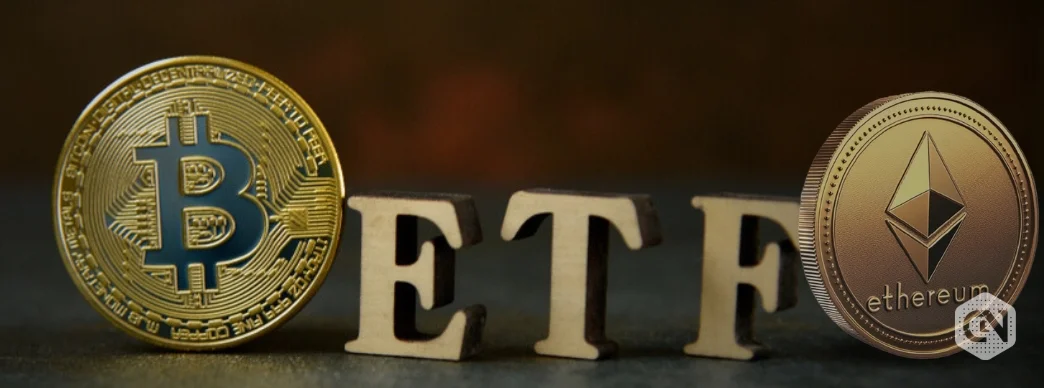Can a simple online hotel review system cost a person half of their life’s savings? Here is the story of how a few scammers posed as investment professionals and duped a woman of Rs 12 lakh, and it all started with a text message.
This article outlines the dangers of falling for crypto scams. For anonymity, we shall refer to the victim asTripti, who falls prey to a devious online scam involving fake crypto-trading websites and scammers posing as genuine participants.
Despite all its innovative prowess, crypto earned a bad name in India. The digital form of currency saw its darkest days in 2021 when it hit its lows, but the sudden resurgence in its prices has propelled the number of active frauds in crypto in the past few days. This scam involves using WhatsApp, Telegram, fake crypto-trading websites and a string of bad actors who play confidants duping the victim of their hard-earned money.
The bait
It starts with an innocuous WhatsApp message or group invitation promising quick rewards for reviewing websites. These scammers try to show the whole process as legitimate by sharing screenshots of small amounts of money being credited to a bank account on WhatsApp. They even send you fake certificates with a ‘Ripple’ crypto seal to make you believe the whole thing is legitimate and backed by the Indian government.
The real trap lies in a series of tasks and the transition to Telegram in exchange for bigger rewards. Telegram’s anonymity features make it a haven for scammers. Below is an example of what a WhatsApp message from scammers would look like.
What’s convincing about this reward system is the presence of other people in the group(scammers masquerading as genuine investors) who are constantly bombarding the WhatsApp group with ‘positive’ messages of money transfers and how the reward system is authentic.
Tripti signed up for the review program. The platform’s authenticity seemed validated when she started to receive money in her bank account. The reward for a review varied between Rs 100-500.
To be a part of this ‘review for reward’ system, you provide your bank details or UPI ID to a dedicated finance person on that WhatsApp group. Only through them, Tripti could initiate the fund transfers.
After Tripti completed a series of reviews being shared with her on WhatsApp, she was suggested a more lucrative proposition where she could make more money for reviews and other online tasks. For that, she was instructed to download and install Telegram. Now, compared to WhatsApp, Telegram is a more prevalent platform for festering scammers as you do not require a phone number to use the platform.
You can also log in using temporary mobile numbers available via third-party online platforms. According to Telegram, with the latest update, users can now sign up for their account using blockchain-powered anonymous numbers available on the Fragment platform. Previously, the app allowed users to manage who could see their number and who could find them by their phone number, but the process would still need a SIM card. Nowadays, we all know how easy it is to make a fake ID on social media.
A ‘game’ where you always lose
The second stage is to get the target accustomed to a gamified version of the earning rewards. This program is what the scammers called “Merchant Exchange”.
“I was asked to write 3 reviews and the 4th review would be the ‘merchant task’. This merchant task was more challenging, which could be a review for a more luxurious place or a simple game. I had to clear these stages to win the money.” – Tripti
Upon completing the task, Tripti received a code to share with the merchant. For authentication, Tripti had to send some money to the merchant. After that, she was asked to share the transfer screenshot with her supervisor on Telegram. A few minutes later, Tripti received more money than she had invested.
She increased the number of review submissions and invested larger sums in hopes of greater returns. After several rounds, Tripti earned Rs 6050 from an initial investment of Rs 4600. After a few rounds, she was persuaded by other members of her group (who are also scammers) to move to a bigger league to get more returns. The platform was called “VIP Advanced Task” where more money was invested. The investment required to pursue this task was Rs 14,600. Tripti transferred the money to become a part of this game where three other members were also playing.
“There was another person(another scammer) in the group guiding all members on how to perform the task successfully. The person called themselves ‘Teacher’.” – Tripti
Other members constantly sent screenshots of successful transfers and bigger profits to persuade Tripti to invest more money.
Now, these other people seem like regular office-going, corporate employees. However, when I ran a reverse Google image search of these individuals, their true identities were revealed via their LinkedIn pages.
All financial exchanges happened via a fake crypto platform called ‘cryptoglobe’, set up by scammers. We checked the URL a few days ago and it was not active.
Transactions were taking place using fake crypto tokens. The platform was a diversion to show inflated prices of the token’s value. The idea was to coax Tripti into adding more money to buy these fake tokens.
The bait worked. Tripti added more money to the platform. Later, when Tripti tried to withdraw the Rs 48,000 she had invested, she was asked to add another Rs 1.6 lakh to withdraw the amount. Irrevocably, these scammers had roped Tripti into their vicious cycle where she would never be able to get her money back unless she gave them more.
Provocation tactics
The other group members would push Tripti to keep investing and not bail. Sometimes, these could be discouraging comments, to the extent that they would brand Tripti as not “brave enough” to try going for the bigger prize.
“They looked genuine, I could not figure out these were fake people as their responses on text didn’t seem like spam or a bot. These were real people scamming me” – Tripti.
Having succumbed to the pressure, Tripti decided to go for the big prize and invested Rs 3,80,000 for the VIP Advanced Task. She was then directed to exchange the same amount for tokens from the platform. After she captured the screenshot of the transfer and shared it again, she received a notification on her cryptoglobe account regarding her return.
To her shock, to withdraw Rs 3,80,000, she was asked to deposit Rs 6,50,000 more to become a VIP member. The notification said she could only withdraw the money after that. Tripti went ahead and deposited Rs 6,50,000 and took the screenshot to share with the finance department over Telegram.
She was asked again for her IFSC Code for the transfer to be initiated. Fifteen minutes after sharing the details, Tripti was informed that the transaction had not gone through, that banking hours were over, and she’d have to withdraw the money the next day.
With no response the next day, she went into panic mode and started messaging the other people on the Telegram group, asking whether they were facing similar issues. The others asked her to calm down and told her there wasn’t anything to worry about. Sadly for her, it was too late.
The final blow
Tripti sent a text on the Telegram group with her code to withdraw the Rs 19,50,870 balance from her cryptoglobe account. This was the supposed reward against the Rs 10,44,600 that she’d invested. As time passed, a ‘Review Pending’ notification remained for over 20 minutes. This was the first time the transfer had taken so long. Tripti wrote to the finance person that the transfer wasn’t completed, and it was still pending. What the person said next shook Tripti. They informed her that she could not withdraw such a big amount because only VIP 2 members could withdraw over Rs 15 lakhs. For Tripti to withdraw Rs 19,00,000, she’d have to invest Rs 14 lakh more to make the limit reach Rs 35 lakh. The finance individual said that only by becoming a VIP 2 member would she be able to withdraw the entire amount and not before that.
“I texted them on Telegram and demanded my money. I told them I couldn’t invest any more as I didn’t have the money. I constantly texted them to provide me with a solution but all they kept telling me was that I would have to invest more to get all my money out” – Tripti
This was it. Tripti gave up realising that she’d been duped into this vicious cycle of fraud and there was no escape from it. Later, Tripti took the matter to the authorities, who even confirmed this as a scam. The police told Tripti these kinds of frauds weren’t new and that they had received complaints about such scams.
Tripti informed India Today that the scammers from the Telegram group are still messaging her to transfer the extra Rs 14 lakh to unlock her VIP 2 account and withdraw her money. We don’t know how many more people were scammed using this platform.
Several people are targeted by scammers daily and some fall prey to their tactics. The only way to be safe in this scenario is to authenticate every detail about the investment platform you are investing in.
Talk to an expert to confirm its validity. Do a reverse Google Image search of the people you see on these groups. And last, do not entertain reward programs, job offers or any investment opportunities from strangers who call you, especially those originating from social media apps like WhatsApp and Telegram. 99.9% of the time they are scammers. Stay safe and protect your investments from online vultures like these.
Credit: Source link















































